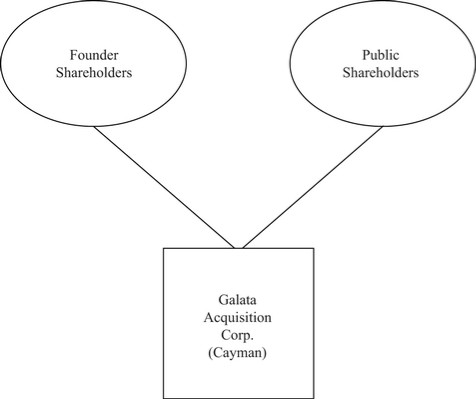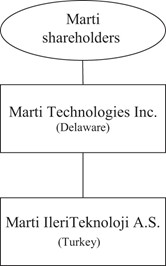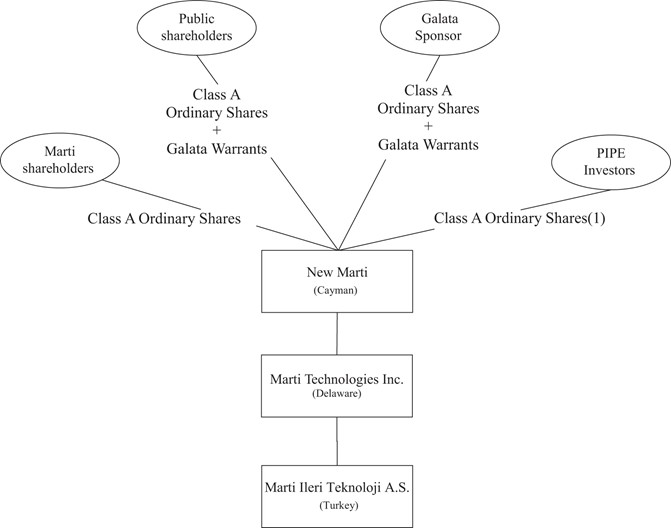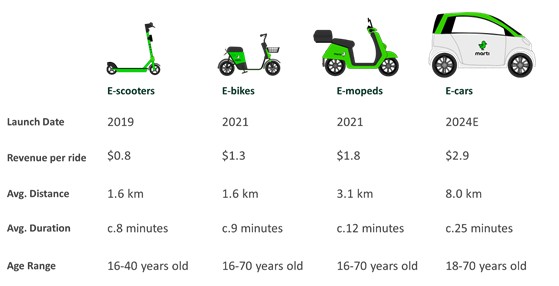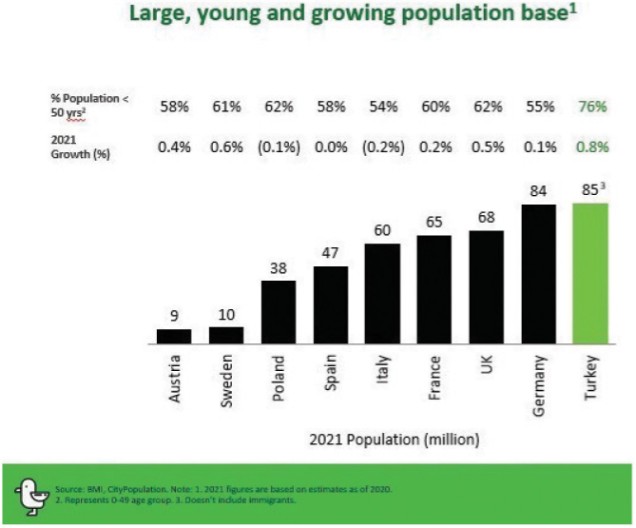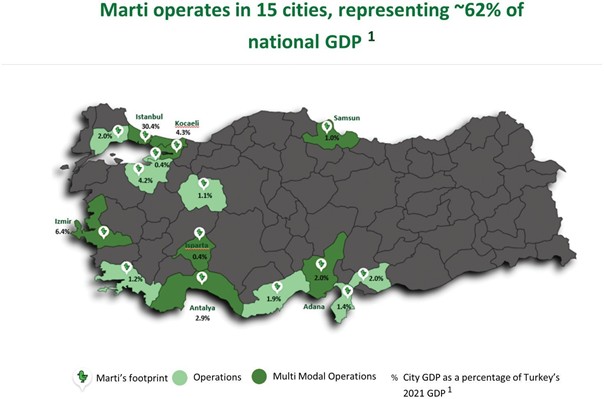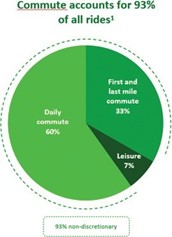“Ex-Im Laws” means all applicable Laws relating to export, re-export, transfer, and import controls.
“Exchange Act” means the Securities Exchange Act of 1934.
“Exchange Ratio” means the following ratio (rounded to ten decimal places): (i) the Company Merger Shares divided by (ii) the Company Outstanding Shares.
“GAAP” means United States generally accepted accounting principles, consistently applied.
“Governmental Order” means any ruling, order, judgment, injunction, edict, decree, writ, stipulation, determination or award, in each case, entered by or with any Governmental Authority.
“Hazardous Substance(s)” means (i) petroleum and petroleum products, including crude oil and any fractions thereof, (ii) polychlorinated biphenyls, per- and polyfluoroalkyl substances, asbestos and radon, and (iii) any substance, material or waste regulated by any Governmental Authority pursuant to any Environmental Law.
“HSR Act” means the Hart-Scott-Rodino Antitrust Improvements Act of 1976, as amended.
“Independent Director” has the meaning ascribed to such term in Rule 10A-3 under the Exchange Act.
“Intellectual Property” means (i) patents, patent applications and patent disclosures, together with all reissues, continuations, continuations-in-part, divisionals, revisions, extensions or reexaminations thereof, (ii) trademarks and service marks, trade dress, logos, trade names, corporate names, brands, slogans, and other source identifiers together with all translations, adaptations, derivations, combinations and other variants of the foregoing, and all applications, registrations, and renewals in connection therewith, together with all of the goodwill associated with the foregoing, (iii) copyrights, and other works of authorship (whether or not copyrightable), and moral rights, and registrations and applications for registration, renewals and extensions thereof, (iv) trade secrets, know-how (including ideas, formulas, compositions and inventions (whether or not patentable or reduced to practice)), and database rights, Internet domain names and social media accounts, (v) all other intellectual property or proprietary rights of any kind or description, and (vi) copies and tangible embodiments of any of the foregoing, in whatever form or medium.
“Investors’ Rights Agreement” means that certain Amended and Restated Investors’ Rights Agreement, dated June 16, 2021, by and among the Company and the parties named therein.
“Key Company Stockholders” means the persons and entities listed on Schedule B.
“knowledge” or “to the knowledge” of a person means in the case of the Company, the actual knowledge of each persons listed on Schedule A after reasonable inquiry of the individuals with operational responsibility in the functional area of such person, and in the case of SPAC, the actual knowledge of Daniel Freifeld and Michael Tanzer after reasonable inquiry.
“Law” means any federal, national, state, county, municipal, provincial, local, foreign or multinational, statute, constitution, common law, ordinance, code, decree, order, judgment, rule, regulation, ruling or requirement issued, enacted, adopted, promulgated, implemented or otherwise put into effect by or under the authority of any Governmental Authority.
“Leased Real Property” means the real property leased by the Company or Company Subsidiaries as tenant, together with, to the extent leased by the Company or Company Subsidiaries, all buildings and other structures, facilities or improvements located thereon and all easements, licenses, rights and appurtenances of the Company or Company Subsidiaries relating to the foregoing.
“Letter Agreement” means that certain Letter Agreement, dated July 8, 2021, among SPAC, its officers and directors, and the Sponsor.
“Lien” means any lien, security interest, mortgage, pledge, adverse claim or other encumbrance of any kind that secures the payment or performance of an obligation (other than those created under applicable securities laws).
“Merger Sub Organizational Documents” means the certificate of incorporation and bylaws of Merger Sub, as amended, modified or supplemented from time to time.
